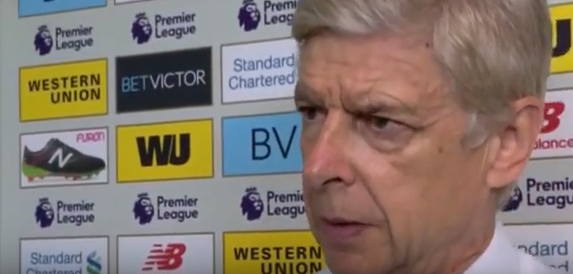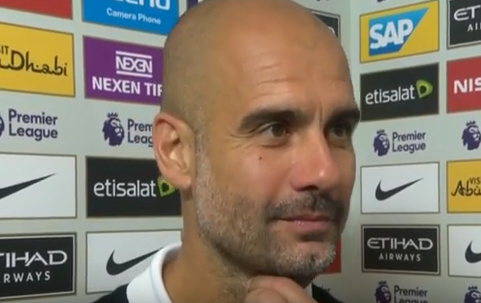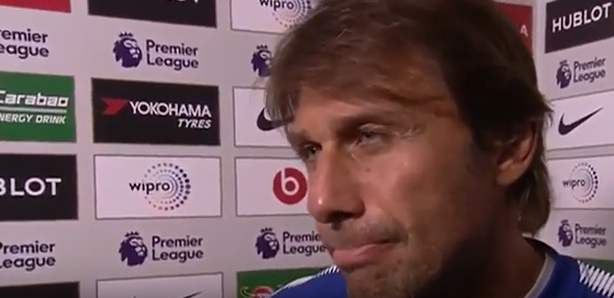Week 3 and already it feels like week 33 for many Arsenal fans.
Wenger agrees with the interviewer that it was a “terrible result and performance” – although clarifies that the “result is a consequence of our performance.”
“It was not good enough….we were beaten everywhere physically…..our performance on the day was disastrous.”
In stressing the performance, Wenger is attempting to isolate the discussion on a particular set of circumstances under his and his players control.
Wenger also stops any attempt to widen the discussion to broader issues at Arsenal by asking for distance.
“It is important not to become too emotional after the game. The disappointment is big enough. We have to take a bit of distance from that. There are reasons behind it we have to analyse.”
This analysis in Wenger’s mind will start with the fact that “we have lost two games and we need to keep our belief and our focus.”
“If I am the problem, I am the problem and I am sorry – but we want the fans to be with us.”
Leadership communication lesson
Wenger’s performance in this interview is of a far higher order than that of his team on the pitch. A leader must maintain control and focus on the facts and Wenger does this consistently and with great discipline. He will use emotion in communication with this players, but it will be a deliberate choice and not for public consumption in the structured format of a post-match interview.




